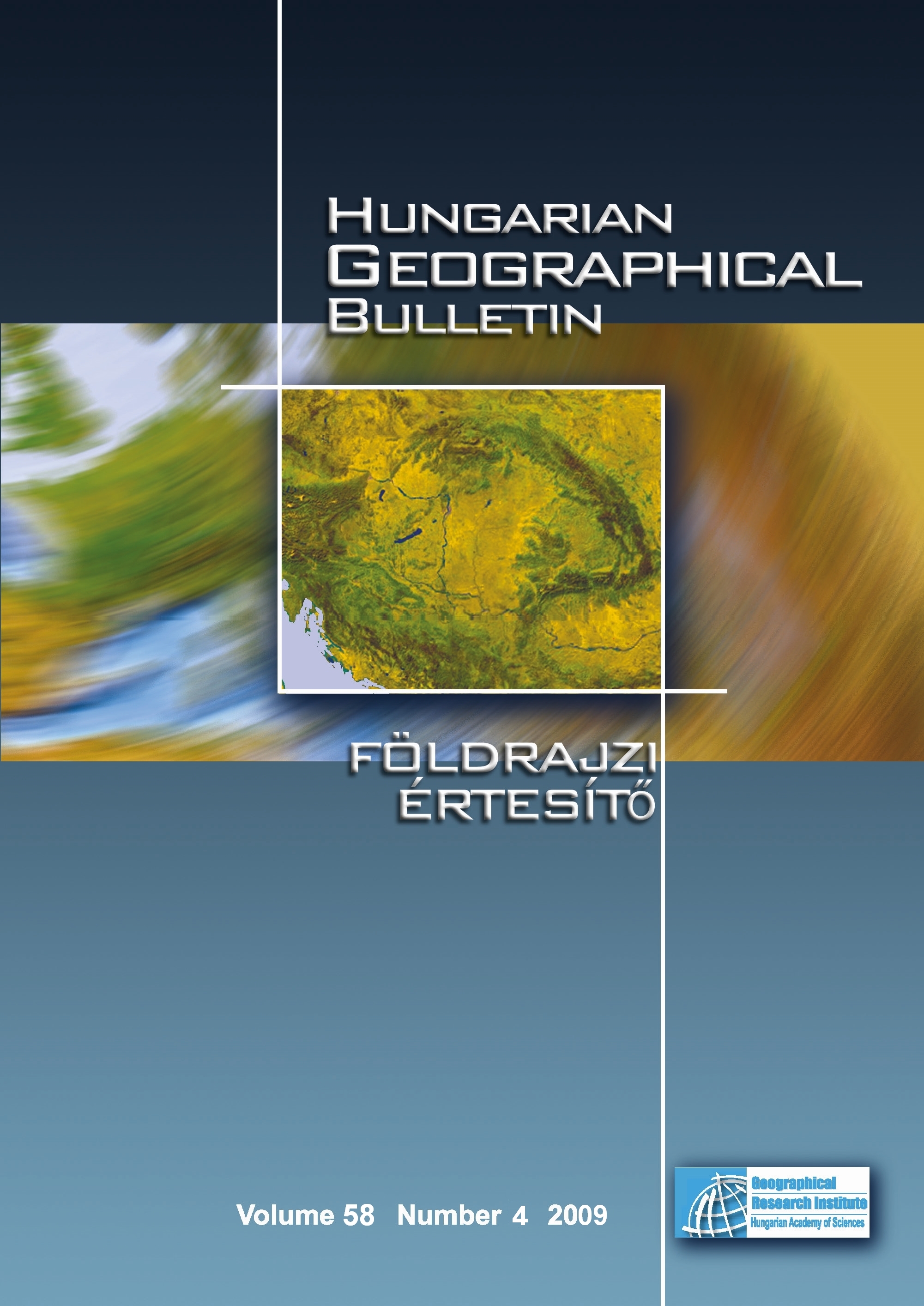Geographical and historical aspects of the situation of Muslim population in the Balkans
Abstract
Muslim groups in the Balkans speak various languages and live in several countries. These countries followed different paths of development in the 20th century so the followers of Islam were repeatedly involved in social conflicts because of their different culture. Due to Albania’s isolation for decades rooted in socialism, the dissolution of Yugoslavia through bloody conflicts in the 1990s, the EU membership of Greece reaching back some decades, the new EU membership of Romania and Bulgaria and the unique geopolitical and social circumstances in Turkey the countries inhabited by the majority of Muslims will probably take different paths in economic and social development. The generally marginalised social and economic status of Muslims in the countries examined and their frequently deviating demographic behaviour compared to neighbouring ethnic groups are expected to widen the gap between them and majority societies. Due to their delayed political integration and increasing difficulties in social integration they will probably remain destabilising factors.
Copyright (c) 2009 Zsolt Bottlik

This work is licensed under a Creative Commons Attribution-NonCommercial-NoDerivatives 4.0 International License.






